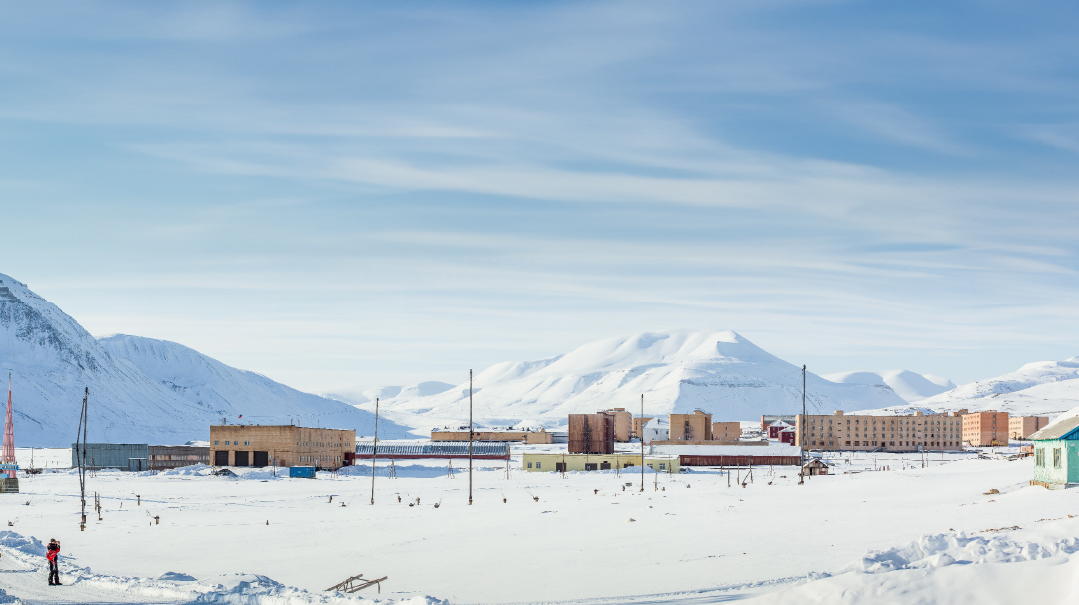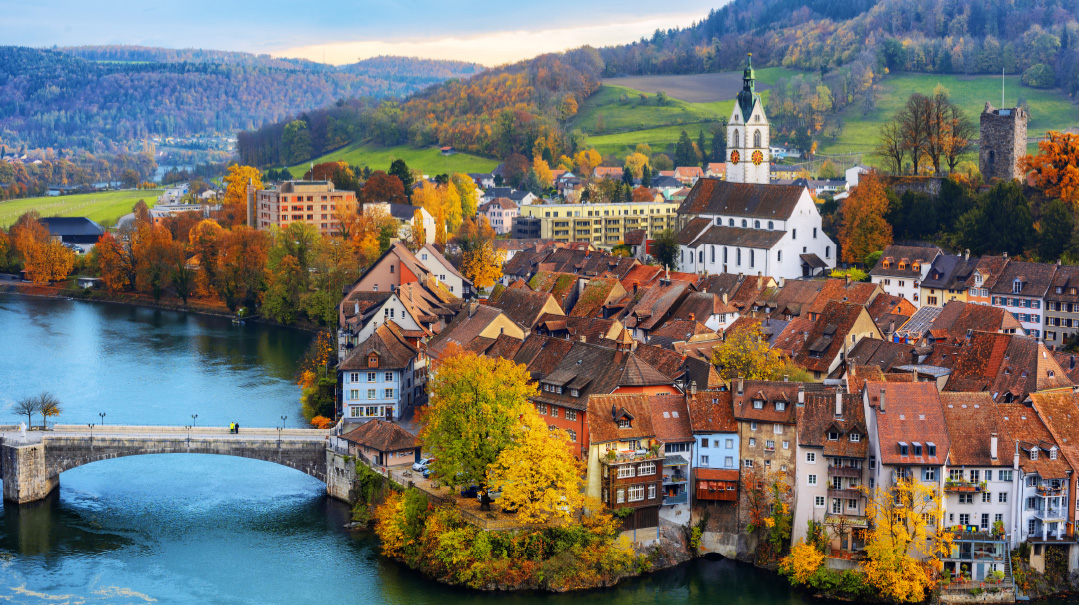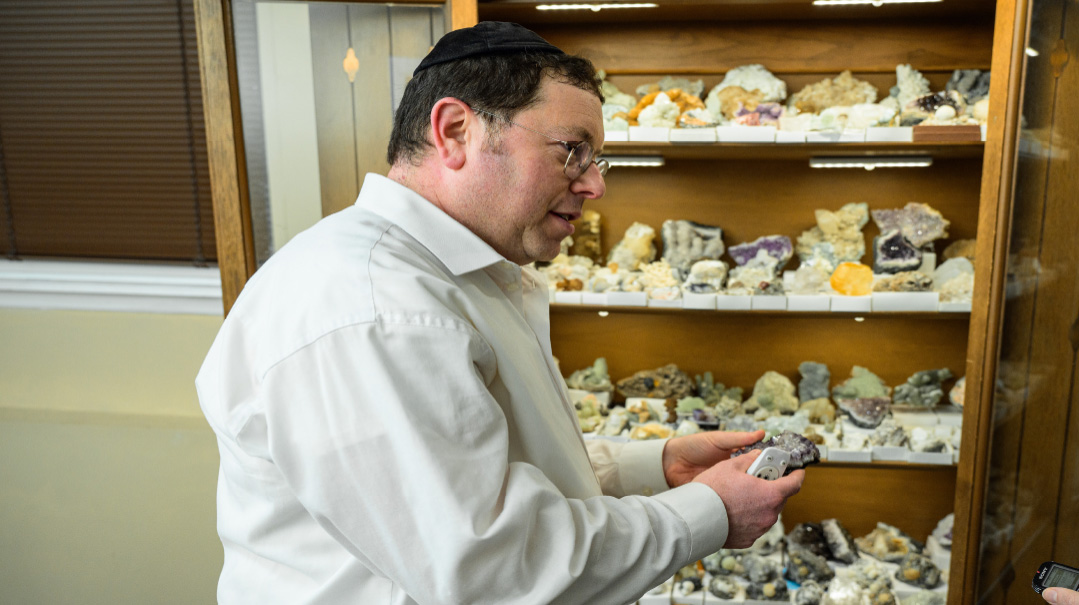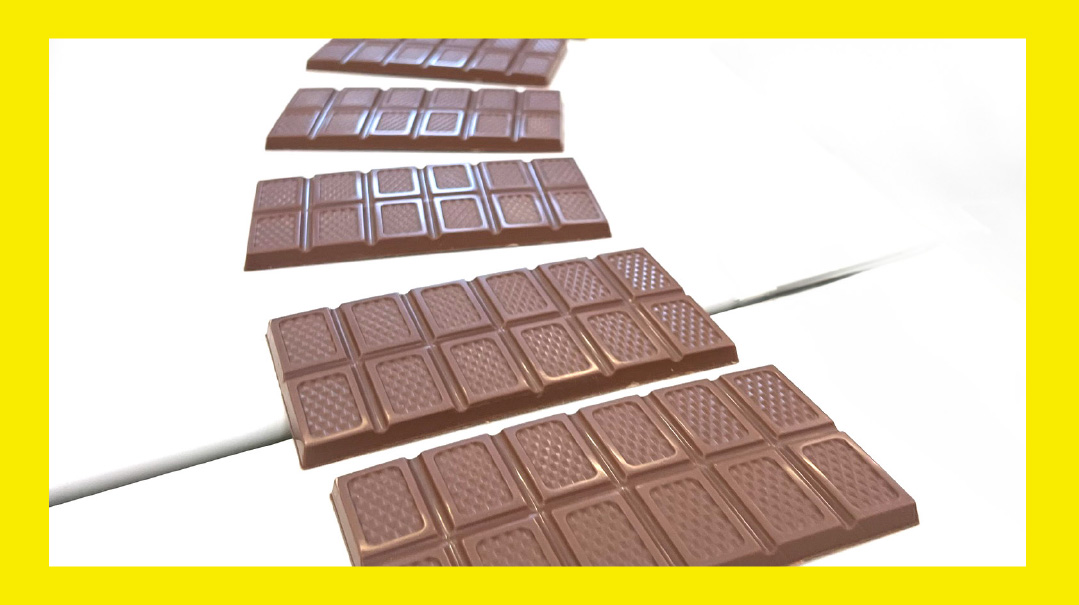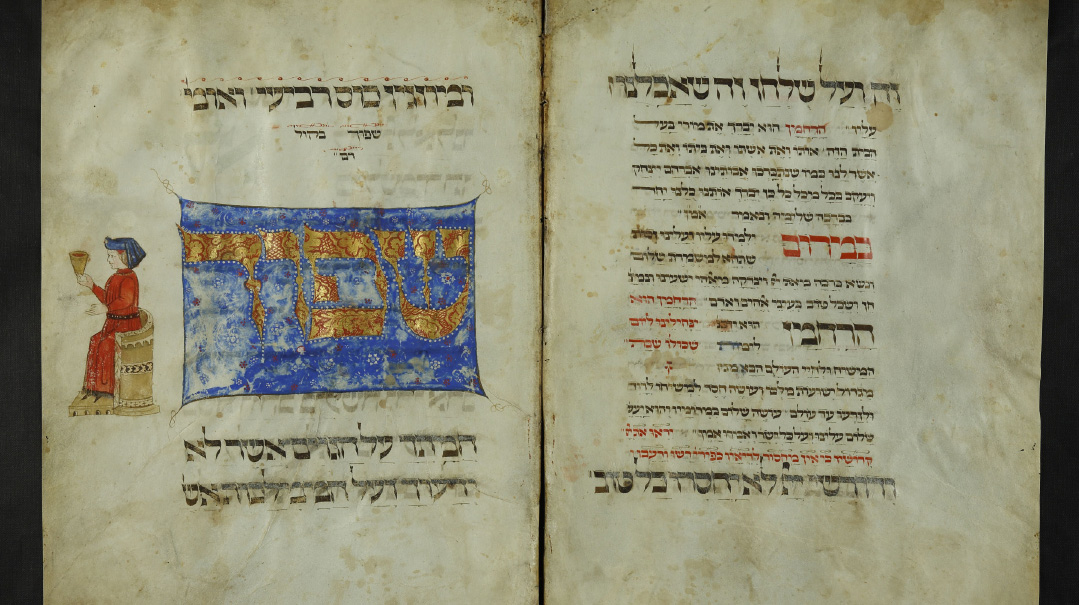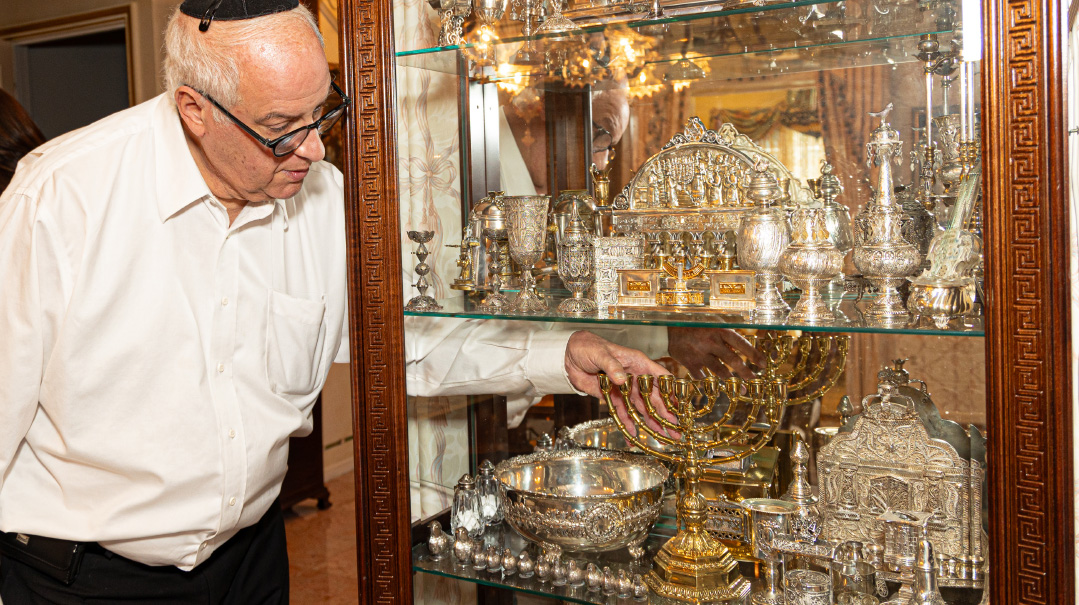Beyond the Biggest
| March 28, 2023In Dubai, a Jewish community has emerged that remains humble, welcoming, and sincere
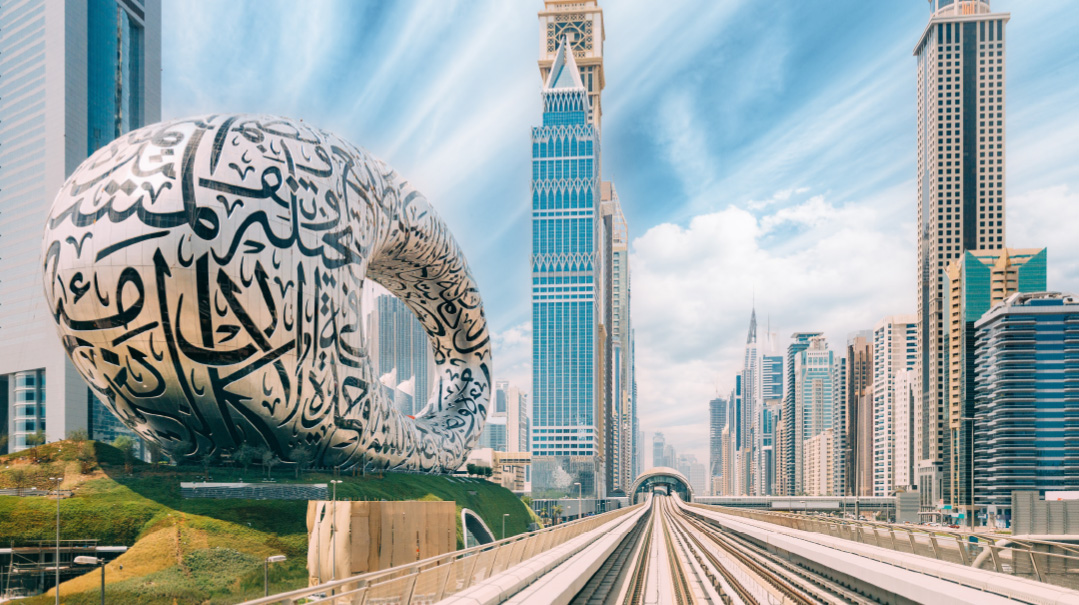
Text and Photos by Ari Z. Zivotofsky and Ari Greenspan
Like many of our fellow travelers, we, too, were excited about the possibility of a peace treaty between Israel and Saudi Arabia, and wonder what the current normalization between the Saudis and Iran will portend.
We’d all heard the rumors about how for years the Jewish State has been in contact with Riyadh, and we would have liked to be able to travel on our Israeli passports to the vast oil-rich country where non-Islamic displays are currently forbidden. For now, though, we’re happy that we can travel to Dubai and the rest of the UAE and visit the small, nascent Jewish communities in the Emirates.
While Dubai is known for its opulence — the tallest, the biggest, the most expensive, the grandest, the deepest, the widest are the superlatives that describe this city — we were not there to see the shiny, fun, brash side of the country but to experience a unique phenomenon in the Jewish world today: the emergence of a new Jewish community smack in the middle of a Muslim-majority country. In the middle of this popular tourist destination — with its huge artificial islands, the most expensive hotel (7-star) in the world, the world’s tallest building, an indoor ski slope and the most visited mall on the globe with 1,200 stores and 50 million annual visitors — one can find solid evidence of a growing Jewish community: prepackaged OU-certified kosher meals.
Dubai is the largest of the seven emirates that make up the UAE, or United Arab Emirates, and its population is representative of the rest of these oil-rich lands: While there are approximately 10 million people living in the UAE, the Emiratis are actually only about 10 percent of that population, the other 90 percent are foreign citizens who work there. The Jewish population is probably a few hundred, although at any given time the Jewish presence can swell to several times that number due to the many tourists.
Our initial contact with the Dubai community was in 2019, before Covid and before anyone on the “outside” was even dreaming about the Abraham Accords. We had been invited to bake matzah for the first communal shemurah matzah bake in Dubai, although as this was before the peace accords, the Jews there were careful to keep a relatively low profile. And then, with international travel having ground to a halt in 2020 and 2021, we weren’t able to keep up the initial momentum. But we were thrilled to be invited back last year, and so a few weeks before Pesach, we found ourselves in a new, post-accords Dubai.
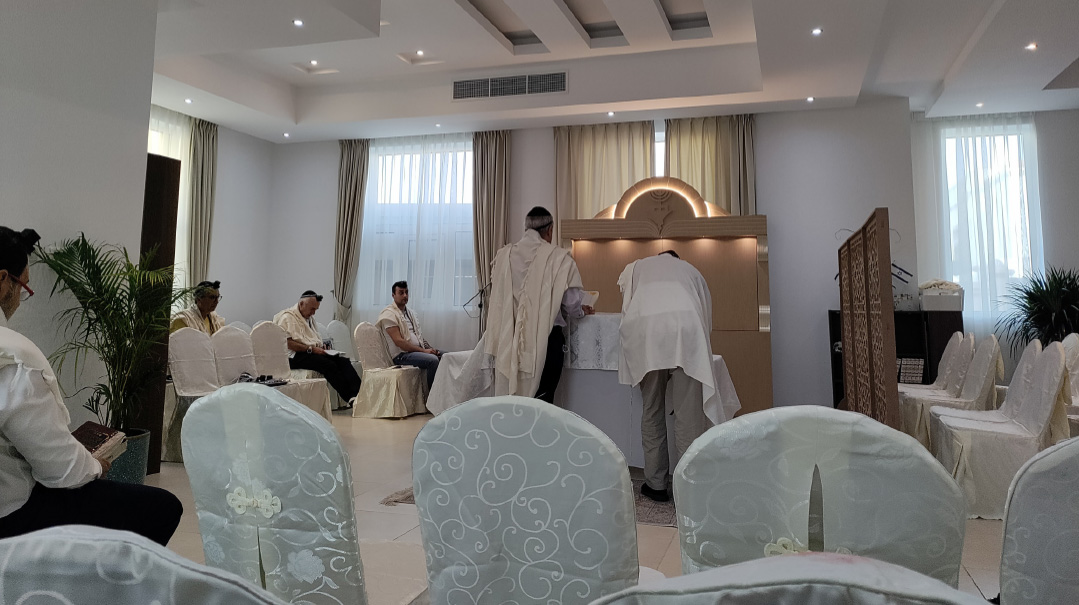
Everyone’s Welcome
The Jewish residents of Dubai, as well as the hotels where tourists stay, are spread out throughout the city, and so for Shabbos, people often sleep within walking distance of the various minyanim. As we were planning on running the matzah bake on Motzaei Shabbos, we spent Shabbos with Rabbi Elie Abadie’s community and stayed in the community building/shul/rabbi’s residence along with a representative of the Israeli foreign ministry and another guest.
Rabbi Abadie and his wife, Elise, moved to Dubai in late 2020 — his background making him uniquely qualified to work in an Arab country. Rabbi Abadie, who comes from a long line of Spanish rabbanim, was born in Lebanon after his family fled there from Aleppo, Syria, where his father was a rabbi. They then moved to Mexico City, and from there, he attended Yeshiva University and RIETS, where he earned semichah. After that, he went to medical school and is a board-certified gastroenterologist. He also served as founding rabbi of the Edmond J. Safra Synagogue in New York City, and after the signing of the Abraham Accords, he moved to Dubai to become the country’s senior rabbi. His fluency in six languages, including Arabic, comes in very handy in multi-cultural Dubai. Together, Rabbi and Rabbanit Abadie do an amazing job hosting the shul in their home, just a block from the beach, both on Shabbos and during the week.
The davening was led by one of the pillars of the community, Alex Peterfreund, whom we initially met when we started the matzah journey in 2019. Alex, originally from Antwerp and in Dubai for the past eight years, is a combination gabbai, chazzan, and master of ceremonies. He enjoys davening from the amud and the community enjoys his tefillos and leining.
In a place like Dubai, the unexpected is expected and Friday night, a wealthy Palestinian and his wife joined the davening and dinner before departing in their Rolls Royce. In the middle of Shacharis on Shabbos morning, two men dressed in the flowing white robes of native Emiratis opened the door, came to observe, and were warmly welcomed by Rabbi Abadie. They sat through the entire davening (including the speech) and joined us for our Shabbos lunch. It turns out that in Dubai, such visits are common — the Emiratis and the Jews actually get along quite well. These fellows were friends of one of the Shabbos regulars, who had invited them to join — neither the Jews nor the Emiratis thought anything was unusual about that.
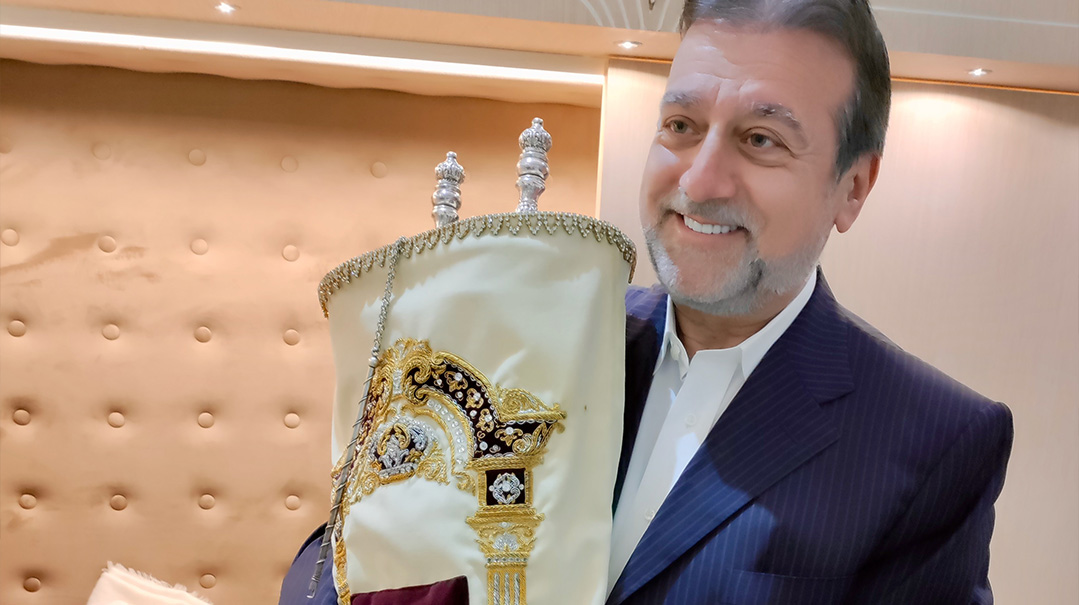
Positive Perks in the Emirates
Friday night dinner and Shabbos day lunch were extravaganzas held outdoors in the shul courtyard. In addition to the Abadies, the local community (which is quite an eclectic group itself), and our matzah-baking team, we were joined by about 30 members of a Joint Distribution Committee (JDC) mission. These JDC mission members were mostly young Jewish professionals. Most were not religiously observant and had very limited knowledge of Judaism; to their credit though, they chose to visit the Gulf states on a Jewish-oriented tour that included Shabbos davening and meals.
While few of us think much about the JDC, it actually remains one of the most important financial and survival resources for the smaller, more isolated Jewish communities around the world, as it has been for over 100 years. From helping Jewish refugees back in World War I to those from the current war in Ukraine, to having provided food, blankets, medical help and religious support over the decades to the Jews of the Soviet Union, the JDC after all these years still has its trademark: to provide matzah to Jews in the most far-flung places.
As Kiddush was about to be recited by the rabbi, the 50 or so dinner guests sat around tables outdoors in the courtyard separated from the street by tall stone walls. The JDC group was accompanied by a young Muslim woman named Houda, with a black traditional outfit and hair completely covered by a hijab. Ari G. sat next to her to hear her story, opening up a window for us into the life of a modern religious Muslim woman in the UAE. Houda looked like a teenager, but it turns out she was married with three little kids. As a tour guide, she felt a profound need to share the positive side of the Emirate’s heritage and its multiculturalism. She herself was very religious. In accordance with Islamic religious law she wouldn’t touch the wine from Kiddush. Gefilte fish was also not her thing.
She explained that while much of the country was modern and sort of “Muslim light,” many, like herself, were strictly religious. She lives in the more conservative Abu Dhabi, and in her flawless English she told us how the sheik is devoted to his people and improving their lot in life. Being an oil-rich sheikdom, each person is allowed to go to university for free, but then must give back to the country. If a couple’s income is below a certain amount, they’re given a small house for free. And the social and health services that each Emirati receives are astounding. It was obvious that Houda was proud of her country, and she was happy to share that with everyone she spoke with, especially the JDC participants who peppered her rapid-fire with questions about Islam and the UAE. When the rabbi asked us to speak on Shabbos morning, we good-naturedly pointed out to the JDC group the irony that if they were questioned about Judaism and Israel in such a manner, most of them would fall far short of what Houda was doing for her country, and we encouraged them to become more knowledgeable about their heritage.
Bread of Affliction
On Shabbos afternoon, the shul was quiet and there was time for learning the daf yomi. We were soon joined by a religious Israeli foreign service member stationed in Dubai who had been at the daily minyan and was also staying in the rabbi’s home/shul for Shabbos. He asked if we could learn the daf together. It got even better when one of the few shomer Shabbos members of the JDC group appeared and asked to study Torah with us. He had been the go-to person in the group for religious questions, and was happy to discuss the issues with us.
Then in walked a fellow we’d seen at the Friday night seudah, who’d heard us talking about the upcoming matzah bake. He said he was from South America and trying to set up a jewelry business, but meanwhile he was renting a bed in a small apartment. He said he was looking for Ari G. and explained that he was friendly with the tiny Jewish community in Armenia, and due to the war in the Ukraine they were having difficulty getting matzah for Pesach. We said we would try to help, and immediately after Shabbos, Ari G. contacted a senior person in the Joint, who said he recognized our names and even remembers that years before, we’d run a model Seder and matzah bake with the community in Bucharest. Yep, that was us, and this man moved heaven and earth to get the Armenians matzah.
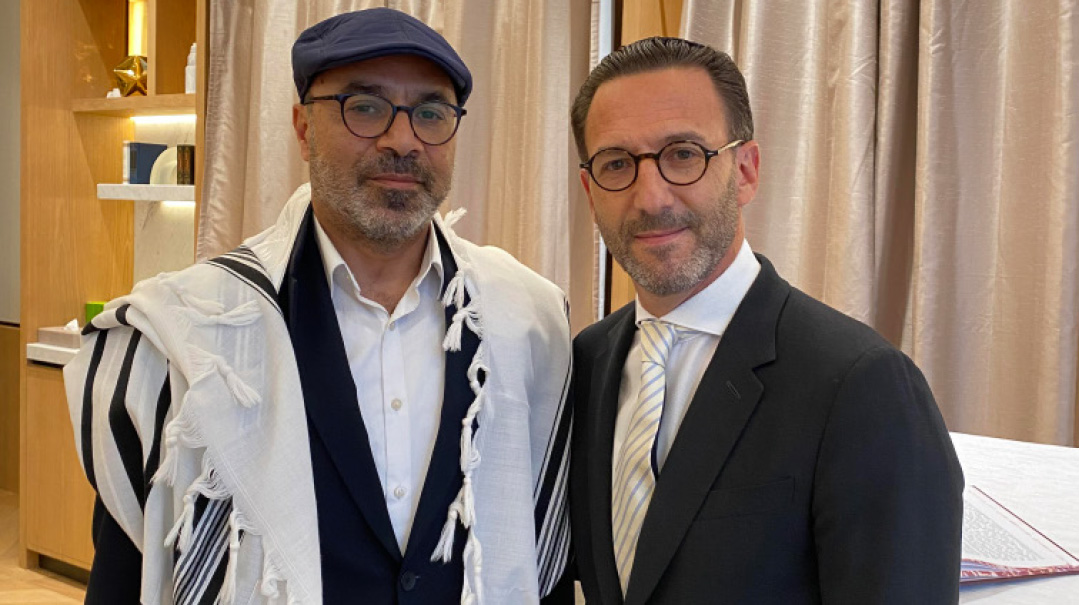
Every Reason to Grow
Dubai’s Palm Islands are the largest manmade islands in the world and resemble a palm tree shape. There are three such islands, although only Palm Jumeirah, the largest, is open to visitors. The man-made island includes a protective 11 km breakwater crescent filled with 5-star hotels, the “trunk” is lined with luxury apartments, and the 16 “fronds” with private gated estates. All told, there are about 78,000 residents and 60 luxury hotels as well as malls, a water park, and aquariums.
One of the early leaders of the Dubai community and today the moving force behind the “Minyan on the Palm” (MOTP) is Ross Kriel, another one of our early Dubai contacts. He is an Oxford-educated lawyer originally from Johannesburg who’d been coming to the UAE since 2008, and since 2013, has been one of the prime movers in building the Jewish community in Dubai. Ross was the first president of the Jewish Community of the Emirates (JCE), and is now the Jewish Community representative to the Government of Dubai. His wife Elli was a pioneer in providing kosher food to travelers, and the kosher food served today on Emirates Airlines is prepared by the OU-certified Kosher Arabia, an initiative driven by Ross.
We spent a few days at a friend’s villa in Palm Jumeirah, which was within reasonable walking distance from MOTP, and while we weren’t there for Shabbos, they often host MOTP community members who live in other parts of Dubai.
We had a pleasant Friday afternoon chat with Ross, as he laid out his vision of this unique, developing community in the Arab world. The community began in 2010, as Jews from many parts of the world in fields such as finance, law, energy, and diamonds, and speaking a dozen languages and each bearing the customs of their native land, began to coalesce into a community.
“There are four factors that are optimal for Jewish flourishing,” Ross told us. “Freedom to pray and commune, a positive relationship with Israel, personal safety, and economic opportunity. All of these factors exist here in the UAE.” That’s why Ross feels the community is sure to grow.
This tolerant attitude of the UAE is not limited to the Jews — it’s directed to followers of all religions, including Christians, Hindus, Buddhists, and Sikhs, as well as to Bahais and Coptic Christians who suffer from prejudice in the larger region.
Although no single Jewish organization is coordinating the burgeoning community, today in Dubai there is a mikveh, four kosher restaurants, three kosher caterers, a Jewish kindergarten, an after-school children’s program, local chicken shechitah, and a Jewish community center that over the last year hosted three hachnassos sefer Torah. Ross’s community is in the process of developing religious institutions for a growing number of Jewish children in Dubai through an organization called Moreshet, while at the same time providing services to both residents and the huge number of Jewish tourists (over a quarter-million Israelis have already visited UAE). Ross seems to be able to read the direction of the winds. In 2018, well before official normalization (although there was already a minyan), he told Businessweek: “The government’s attitude to our community is that they want us to feel comfortable being here, praying here, and doing business here.” Although at the time he wouldn’t wear his yarmulke in public, now he — like so like many other resident Jews — does so proudly.
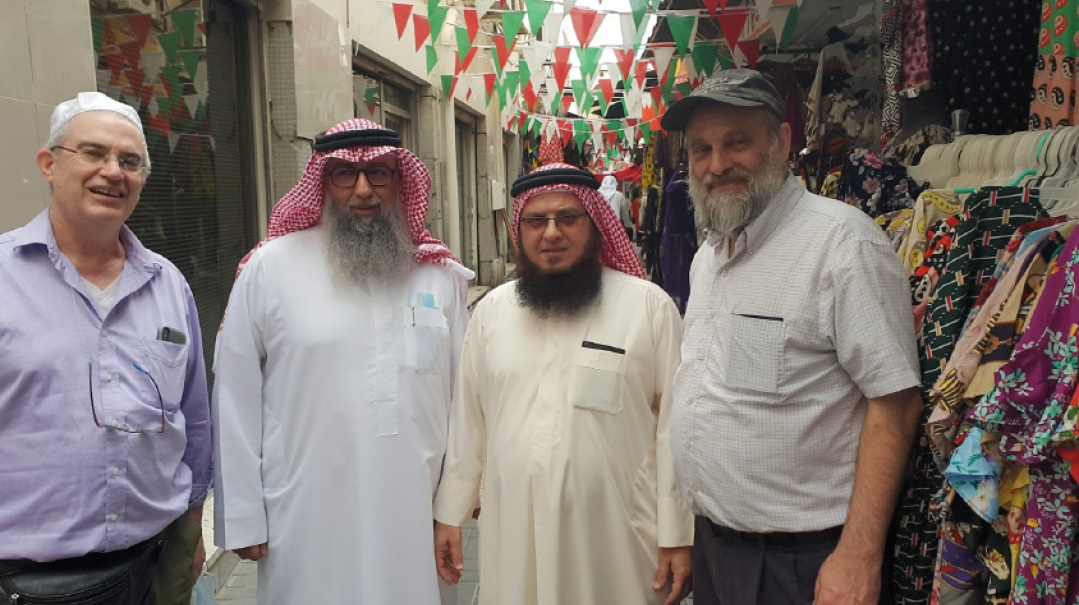
Where You From?
With 90 percent of those living in Dubai being expats, and with huge numbers of tourists at any given time, the probability that the person you bump into is a non-Emirati is high and thus a common refrain was “Where are you from?” Even the taxi drivers aren’t natives — the ones we met were Indian, Pakistani, Bangladeshi, and even Egyptian, coming without their families in the hope of sending back some money each month, cramming into joint apartments to save as much as they can.
One of the most fascinating people we met was a young woman named Manar al-Sharif, the smiling greeter and maître d’ of one of the kosher restaurants. She was actually from our end of the world, although from the other side of the fence. Manar, who has been featured in publications such as the New York Times and the Jerusalem Post, was born in Syria to a father from Gaza, but fled with her family to Cairo at the beginning of the Syrian civil war. After finishing high school, she wanted to attend university, but her deeply religious Muslim parents were against the idea of a young single girl going to college. As a compromise, she was sent to the Islamic University in Gaza, where her parents assumed she would continue to “be in good hands.” She moved from Egypt to Gaza in 2017 to study journalism, but quickly recognized that rather than being educated, she was being indoctrinated. She starting writing for international journals, including some Jewish publications, to make the public aware of the civilian suffering and atrocities inside Hamas-controlled Gaza.
In 2020, as reprisal for hosting a Zoom call between Israelis and Gazans, she spent three months in jail, some of that time in solitary confinement. She was eventually ejected from the Gaza Strip back to Cairo and then made her way to the UAE, from where, she told us, she hopes to navigate the complex diplomatic channels that will allow her to attend university in Canada. Having made many Israeli friends in the UAE, she was once eating with them in this kosher restaurant when the Israeli owner heard her story and offered her a job.
(We actually had early notice about the opening of this restaurant. About two years ago, in advance of our trip to Tanzania to meet the old king of the Maasai, we discovered that his granddaughter was married to an Israeli and living in Tel Aviv. While the Maasai do not have any Jewish roots, this young lady was related to the royal households of Sudan, Saudi Arabia, and Dubai. A rabbi who joined us in our meeting in Tel Aviv was at the time discussing opening a kosher food enterprise in Dubai, and she asked if he would like her to ask her cousin, the prince of Dubai, about it. She simply started WhatsApping with him and within a few minutes the connection was made.)
While the permanent community is still small, the significant supplement of tourists and transient business people means that there are three daily Shacharis minyanim. When weighing the options, our host told us that two of the minyanim had a breakfast while the third didn’t. We nonetheless chose the third and lo and behold, it too had a breakfast, and a quite nice one at that. We were reminded of the Gemara (Bava Basra 21a) that “kinas sofrim tarbeh chochmah,” a little competition is always good, even in religious services.
Because the Dubai community is new, diverse, and fluid, we were curious to see what minhagim were being practiced. The long-standing practice is that outside the Land of Israel, Sephardim duchen every day while Ashkenazim duchen only on Yom Tov. In Eretz Yisrael most Ashkenazim also duchen daily. We weren’t surprised that the community headed by Rabbi Abadie duchens daily, but were intrigued that the MOTP, which is mainly Ashkenazim, also allows daily duchening. Most surprising was that the Chabad minyan also duchens daily, although even in Eretz Yisrael, many Chabad kehillos follow the minhag of chutz l’Aretz. But Dubai is a place where customs merge, as is evident in MOTP, where Moroccan-born chazzan David Louk (son of the famous chazzan Rabbi Chaim Louk) leads the service from an Ashkenazi siddur but seamlessly integrates Sephardi and Ashkenazi tunes and nuschaos.
Owing to its unique political and geographical characteristics, the Dubai community was earmarked to play a role in facilitating a chalitzah earlier this year. Chalitzah is an uncommon ritual that occurs when a married man dies childless and leaves a surviving brother. In this case, the widow was in Iran while the surviving brother was in L.A. Where could the widow, her rabbi from Iran, and the brother meet in order to perform the ceremony? The obvious answer was Dubai.
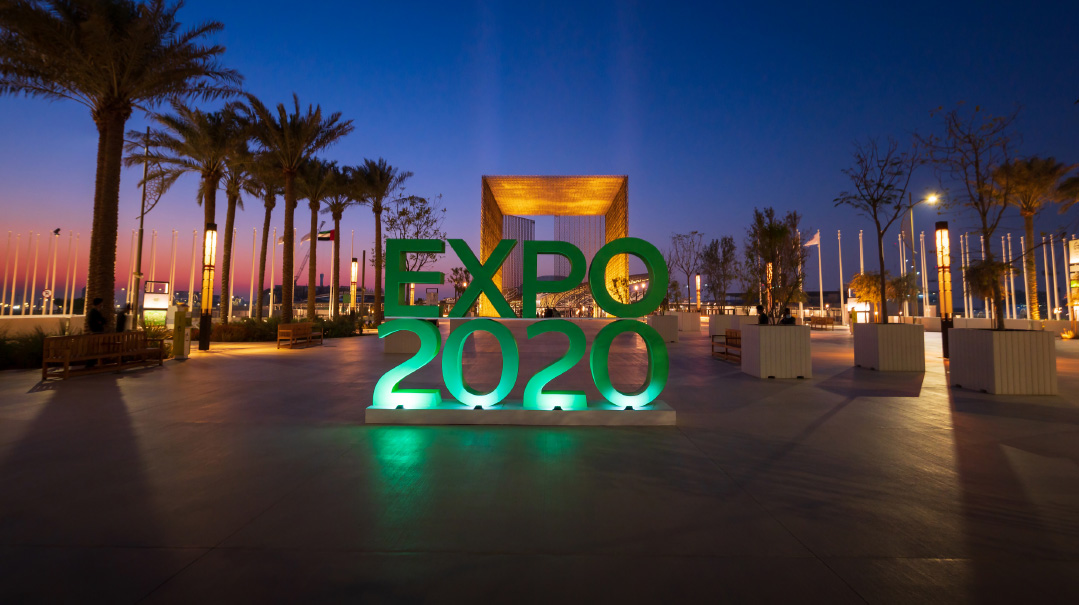
Common Friends
The ultra-modern Dubai of today has little in common with the fishing village and pearl exporting town of the early 20th century, but for those wanting to get a glimpse of that past, the Dubai Gold Souk — despite being now almost 400 stores — still retains some of the original character of traditional Dubai. We visited on Friday, and while the Muslim-owned shops were closed, the many stores owned by Indians were doing brisk business. There are no “blue laws” in Dubai. And indeed, in order to align with the rest of the world, the UAE, where the weekend used to be Friday-Saturday, switched on January 1, 2022, to a weekend of half-day Friday, Saturday, and Sunday.
We were lucky enough to catch the final days of the over-the-top extravaganza called Expo 2020 that, due to COVID-19, was postponed until last year. We obviously couldn’t pass it up, and joined with the over 24 million visitors over its six-month duration to visit the booths of close to 200 countries. The atmosphere was festive and friendly, with throngs of people from every corner of the globe mingling and sharing a sense of kinship. Of course, we played “Jewish geography,” and when we sat down to eat our prepackaged kosher sandwiches that were sold at many of the concession stands, we struck up conversations with the Israelis around us and discovered more than a few common friends.
When the Nigerian representative heard that we were from Israel, he immediately gave us a big hug and said “Brother, I am Igbo!” We told him about our meeting the king of the Igbo who perceives himself and his tribe as being descended from Shevet Gad, and he shined with pride.
In the Bahrain booth, the young representative happily announced to us that her country’s former ambassador to the US was a Jewish woman from an old Bahraini family. Indeed, Ambassador Houda Nonoo is our friend, and we even baked matzah together in her mother’s home in Bahrain.
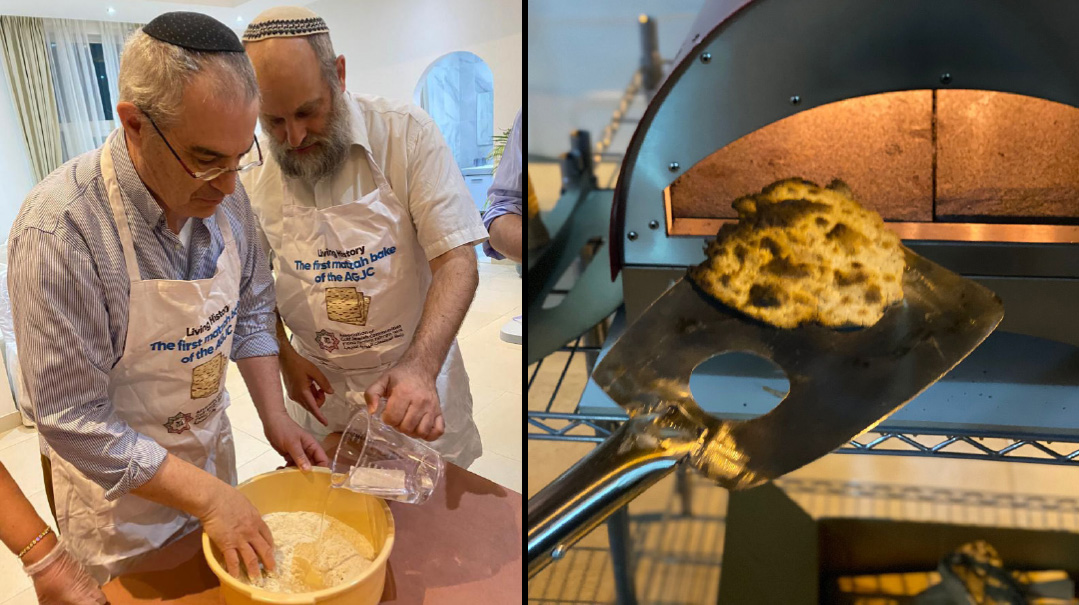
The Great Matzah Bake
The great matzah baking event took place on Motzaei Shabbos. The technical aspects had all been worked out in advance with Rabbanit Elise Abadie and Alex Peterfreund. We brought the shemurah flour, newly purchased rolling pins, and the hole makers from Israel, and the two of them arranged for everything else we needed. This baking, however, introduced some challenges we don’t usually face. They had advertised to the entire community, and some people they didn’t even recognize showed up.
While that is usually a good sign and an indication of a successful shul activity, in this case it introduced some halachic challenges.
Our goal was to produce shemurah matzah that could be used at the Seder. But if some of these new people were not actually Jewish, the matzah they made is not considered “lishmah,” matzah baked by a Jew for the purpose of being used for the mitzvah of eating matzah. Not wanting to offend anybody, we kept all of the definitively kosher matzah separate for use at the Seder. It was also gratifying for us that although the JDC group had a “free evening” in which many of them went to different venues in Dubai, a group of them also showed up to learn about and experience matzah baking.
Our Jewish world is constantly full of surprises, and baking matzah for the first time in Dubai and witnessing the birth of a vibrant Jewish community in a Muslim land is one of them. And maybe we had to travel all the way to the OPEC dunes in order for a group of unaffiliated yet committed American Jews to bake their own bread of freedom.
(Originally featured in Mishpacha, Issue 955)
Oops! We could not locate your form.

